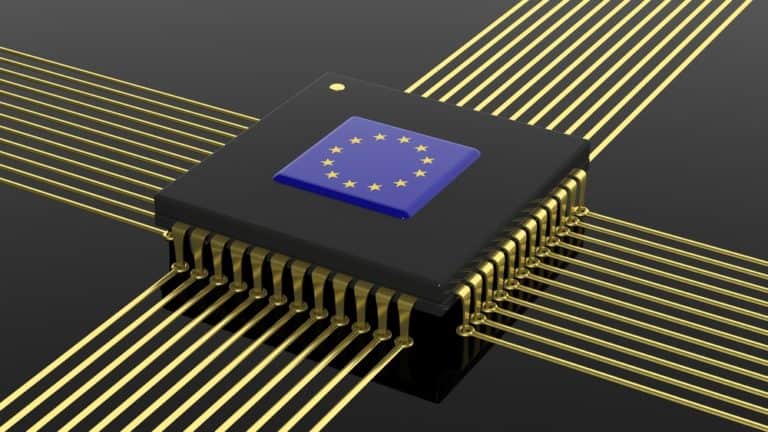The European Union has set out a set of digital goals that it wants to achieve in the next decade. In it, the body says it wants to be responsible for a significant share of semiconductor production by 2030.
There are already quite a few semiconductors produced in Europe, but according to Bloomberg, Europe aims to produce at least 20 percent of semiconductors within Europe’s borders in a decade. These semiconductors must be faster than those produced by Samsung and TSMC.
Better chips than those from Samsung and TSMC
The semiconductors that are currently produced in Europe are far from up-to-date. Samsung and TSMC are currently leading the race in shrinking the production process of microprocessors. Those two companies have most of their chip factories in Asia, although they are also building some factories in the United States. Intel and GlobalFoundries, which are somewhat behind on Samsung and TSMC, each have one European factory, in Ireland and Germany respectively. Remarkably, all these chip makers use machines made by the Dutch company ASML, which is the only one able to make the necessary EUV machines.
Tip: USA tries to prevent all export of ASML machines to China
European Commissioner Thierry Breton supports the idea. “We know that we will need more and more microprocessors. That’s a big market,” he told during a press conference. He wants to focus on processes that are smaller than the current ones made at 5nm.
Considerable expense
Whether there is actually sufficient demand for semiconductors is doubted by some in the industry. The EU would have to invest many billions of euros and several years to overhaul the supply chain, insiders tell Bloomberg. Analyst Frederico Mollet also thinks it is an ambitious idea. “This doesn’t necessarily mean they shouldn’t be pursued, but it will be a long-term project, with considerable risk and expense attached.”
Exactly how the EU wants to implement the plan is not clear. Possibly it will look at building a new chip factory or overhauling an existing one.
Related: Should Europe compete for technological world domination?
